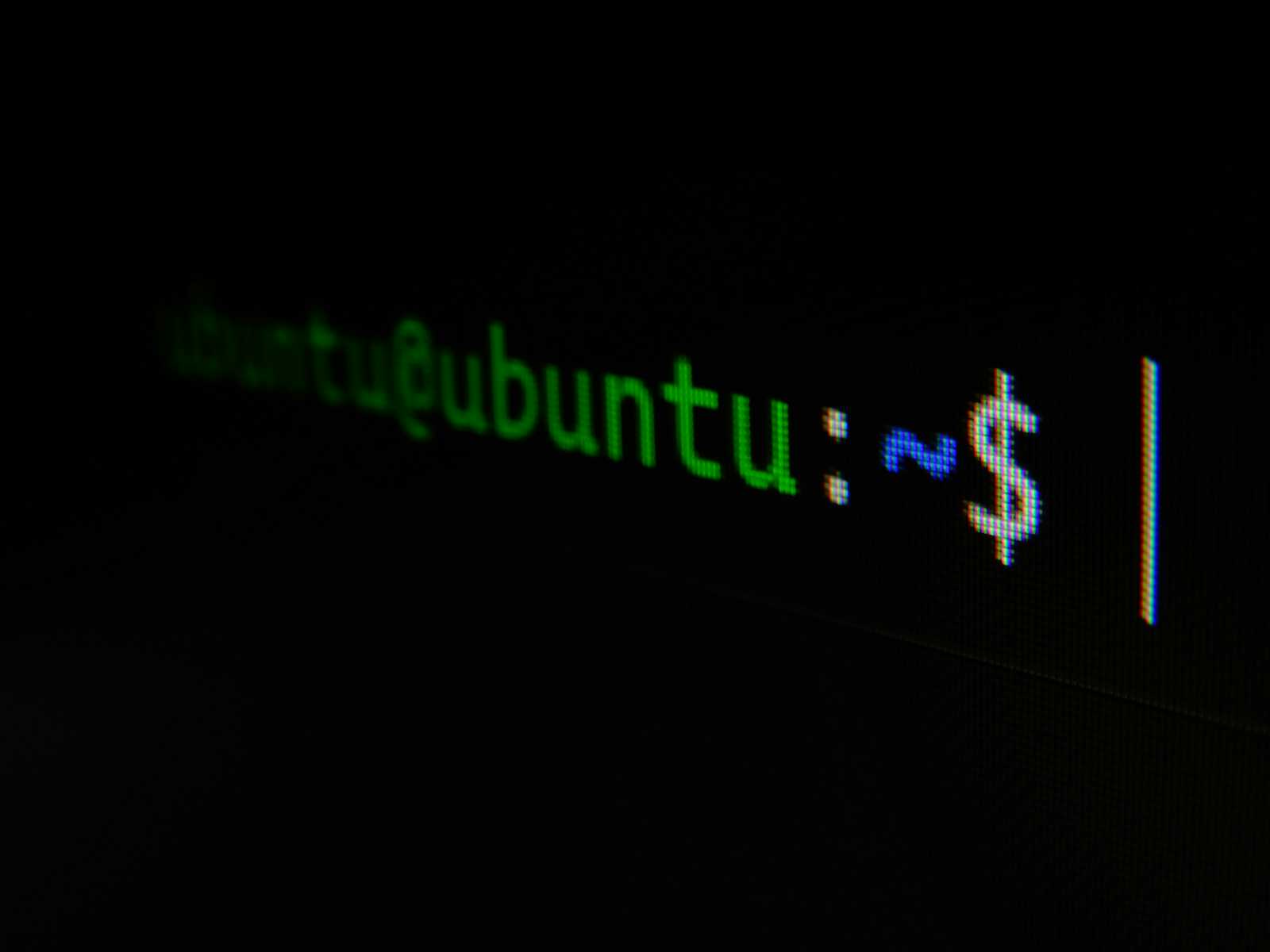Linux basic commands
 Nitheesh Prakashan Parayil
Nitheesh Prakashan Parayil
Linux is a powerful and versatile operating system widely used in servers, cloud computing, and personal systems. Unlike traditional graphical user interfaces (GUI), Linux relies heavily on the command-line interface (CLI), which provides greater control and flexibility.
In this blog, we will explore essential Linux commands that help users navigate directories, manage files, control processes, and configure system settings.
Basic Linux Commands
File and Directory Management:
ls: List files and directories.
cd: Change directory.
pwd: Display the current directory.
mkdir: Create a new directory.
rm: Remove files or directories.
cp: Copy files or directories.
mv: Move or rename files.
touch: Create an empty file.
tree: Display directory structure.
File Viewing and Editing:
cat: Display file content.
less/more: View files page by page.
head: Show the first 10 lines.
tail: Show the last 10 lines.
nano: A simple text editor.
vi/vim: An advanced text editor.
Search Operations:
find: Locate files and directories.
grep: Search within files.
locate: Quickly find files using a database.
which: Locate a command's path.
Disk and File System Management:
df: Display disk space usage.
du: Show directory or file size.
mount/umount: Mount or unmount file systems.
lsblk: List all block devices.
fsck: Check and repair file systems.
Process and System Monitoring:
ps: Display running processes.
top: Monitor system processes.
htop: Interactive process manager.
kill: Terminate a process.
uptime: Show system uptime.
free: Check memory usage.
Networking Commands:
ping: Check connectivity.
curl: Transfer data to/from servers.
wget: Download files from the internet.
ifconfig/ip: View or configure network interfaces.
netstat: Show network statistics.
ssh: Remote access to servers.
scp: Securely copy files between systems.
Permissions and Ownership:
chmod: Modify file permissions.
chown: Change file owner/group.
umask: Set default permissions.
Archiving and Compression:
tar: Archive and compress files.
gzip/gunzip: Compress and decompress files.
zip/unzip: Handle zip files.
System Information:
uname -a: Show system information.
hostname: Display system hostname.
whoami: Show the current user.
id: Show user and group IDs.
dmesg: Kernel log messages.
lscpu: CPU architecture information.
lsusb: List USB devices.
lspci: Show PCI devices.
System Control:
reboot: Restart the system.
shutdown: Power off the system.
Subscribe to my newsletter
Read articles from Nitheesh Prakashan Parayil directly inside your inbox. Subscribe to the newsletter, and don't miss out.
Written by
